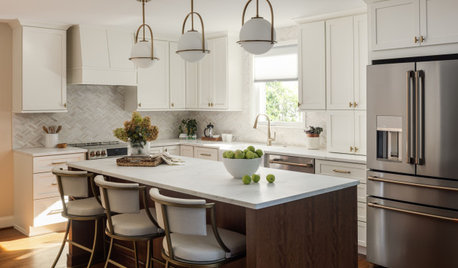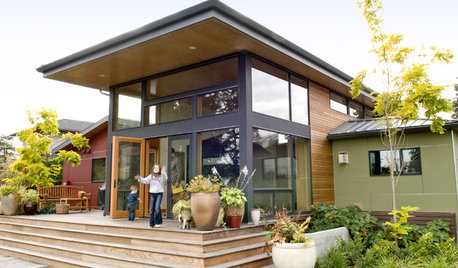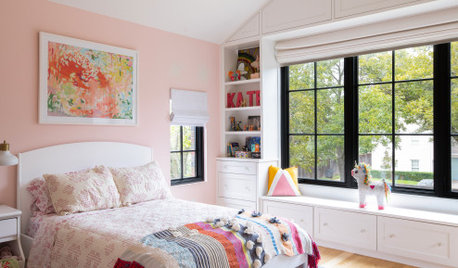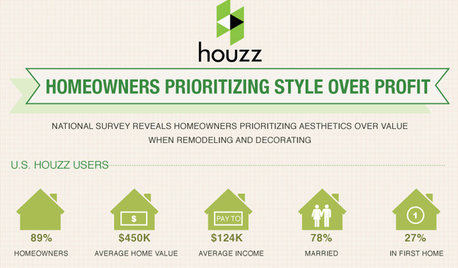Price of Other Homes in Developement Affect Value
BritNTwit
10 years ago
Featured Answer
Sort by:Oldest
Comments (33)
LuAnn_in_PA
10 years agoBritNTwit
10 years agoRelated Professionals
Arvada Architects & Building Designers · Washington Architects & Building Designers · Ashburn General Contractors · Clinton General Contractors · Erlanger General Contractors · Modesto General Contractors · Owosso General Contractors · Parsons General Contractors · Rancho Cordova General Contractors · Rancho Santa Margarita General Contractors · Randolph General Contractors · Riverside General Contractors · Mableton Home Stagers · Immokalee Home Stagers · Ashwaubenon Interior Designers & Decoratorspalimpsest
10 years agoweedyacres
10 years agoterezosa / terriks
10 years agokirkhall
10 years agobrickeyee
10 years agorrah
10 years agonosoccermom
10 years agoFmrQuahog
10 years agomojomom
10 years agoOttawaGardener
10 years agobrickeyee
10 years agoFmrQuahog
10 years agoterezosa / terriks
10 years agoFmrQuahog
10 years agoBritNTwit
10 years agoterezosa / terriks
10 years agompagmom (SW Ohio)
10 years agoncrealestateguy
10 years agoFmrQuahog
10 years agonosoccermom
10 years agoc9pilot
10 years agoStPaulGal
10 years agoFmrQuahog
10 years agolazy_gardens
10 years agofrozenelves
10 years agoterezosa / terriks
10 years agonosoccermom
10 years agoUser
10 years agoncrealestateguy
10 years agoFmrQuahog
10 years ago
Related Stories

GREEN BUILDINGInsulation Basics: Heat, R-Value and the Building Envelope
Learn how heat moves through a home and the materials that can stop it, to make sure your insulation is as effective as you think
Full Story
ARTLet's Put a Price on Art: Your Guide to Art Costs and Buying
We paint you a picture of what affects an artwork's price — plus a little-known way to take home what you love when it's beyond your budget
Full Story
MOST POPULAR5 Remodels That Make Good Resale Value Sense — and 5 That Don’t
Find out which projects offer the best return on your investment dollars
Full Story
SELLING YOUR HOUSE10 Ways to Boost Your Home's Resale Value
Figure out which renovations will pay off, and you'll have more money in your pocket when that 'Sold' sign is hung
Full Story
KIDS’ SPACESKids’ Room Colors and How They Can Affect Behavior
Find out how different hues can nurture sensitivity, counter restlessness and encourage confidence in children
Full Story
Houzz Survey: Livability Trumps Home Value
Increasing home value comes in a distant second among those planning home improvements. Many plan to do some of the work themselves
Full Story
COMMUNITYIn L.A.’s Echo Park, a New Urban Development Takes Flight
Blackbirds, a new ‘microneighborhood’ near downtown, is Los Angeles’ latest small-lot urban infill project
Full Story
HOME TECHA Vision of the Future for the Smart Home
Intel, a smart-home platform developer, offers a peek into the tech firm's experimental ‘living lab’
Full Story
DECORATING GUIDESIs an Online Decorator Right for You?
For a professional look at a lower price and from the convenience of home, e-decorating may be the perfect solution
Full Story






c9pilot